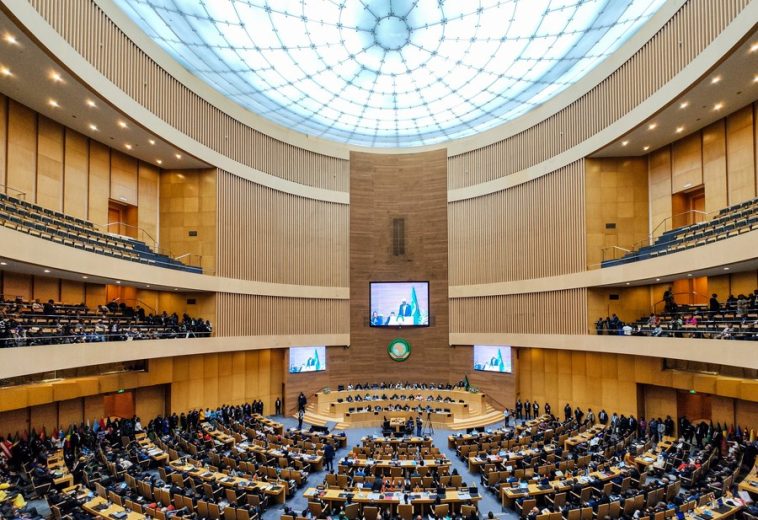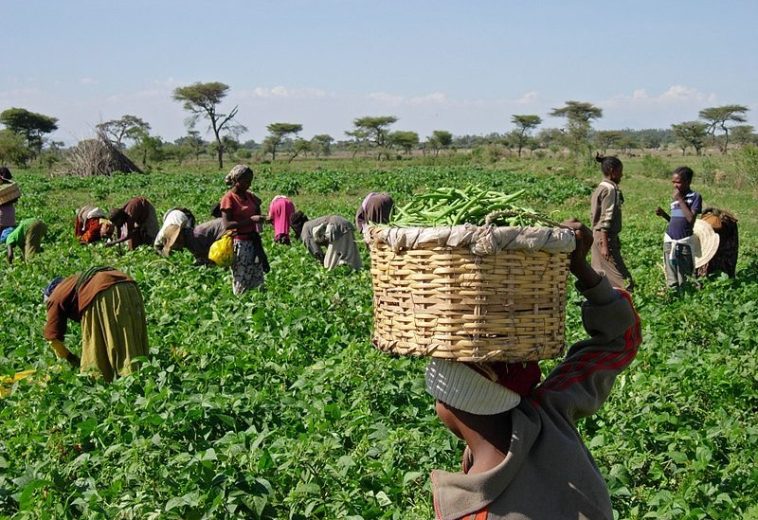Historically, Africa has faced stereotypes and prejudices that have often influenced the perception of its leaders. Colonial legacies, economic disparities, and political instability have contributed to a narrative that, at times, overlooks the achievements and positive contributions of African leaders.
Several African nations have experienced economic growth, political stability, and improved governance. Countries like Ghana, Rwanda, and Ethiopia have received praise for their efforts in fostering development, implementing reforms, and addressing issues such as corruption. The positive strides made by these nations contribute to an evolving narrative that challenges preconceived notions about leadership in Africa.
African leaders have actively engaged in diplomatic efforts, participating in international forums, and forging partnerships to address global challenges. Climate change, peacekeeping missions, and economic cooperation are areas where African leaders have demonstrated their commitment to global well-being. The African Union (AU) plays a crucial role in promoting unity and collaboration among member states, contributing to a more influential presence on the world stage.
Despite the positive developments, issues like political instability, human rights concerns, and corruption in some African nations continue to draw criticism from the international community. Instances of disputed elections, restrictions on press freedom, coups, and other security challenges have raised concerns and affected the overall perception of African leadership.
According to Akinwunmi Adesina, the President of the African Development Bank (AfDB), to garner respect globally, Africa needs to strategically position itself, moving away from its current position at the lowest rung of the global value chain among other regions.
“Respect is never a given, it can not be purchased, it must be earned, and it is earned not based on rhetoric or request, it is earned based on actions, concrete actions, and consistent actions over time. We must take a critical look around this, the underdevelopment and poverty amid plenty and the fact that we are far behind other regions despite our enormous resources, and determine that enough is enough.”
The role of the media cannot be understated in shaping global perceptions. Often, negative events and challenges in certain African countries receive more attention than the positive strides made by others. A more balanced and nuanced portrayal of the continent’s leadership is essential for fostering a fair and accurate understanding.
Overlooking the strides made is myopic, as acknowledging progress doesn’t exempt the obligation to strive for swifter and more substantial positive changes. The question of how much respect African leaders are receiving globally is complex and multifaceted. Embracing Africa as an opportunity rather than a threat positions governments, citizens, and organizations globally to effectively address challenges and amplify positive trajectories. To perceive Africa merely through the lens of disease and hunger neglects the considerable advancements achieved by countries and communities on the continent.


